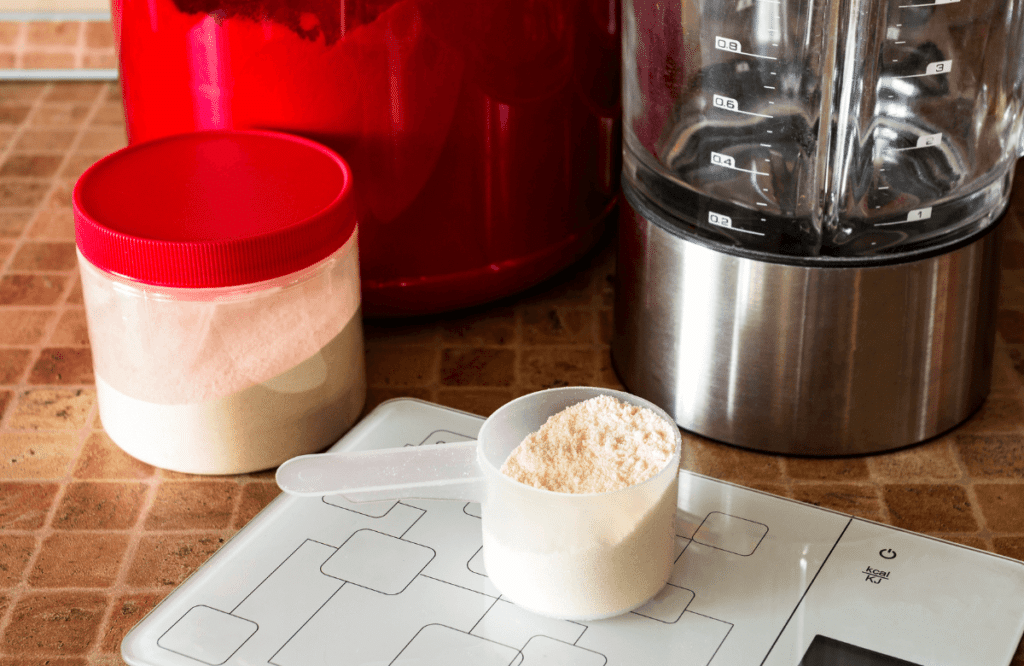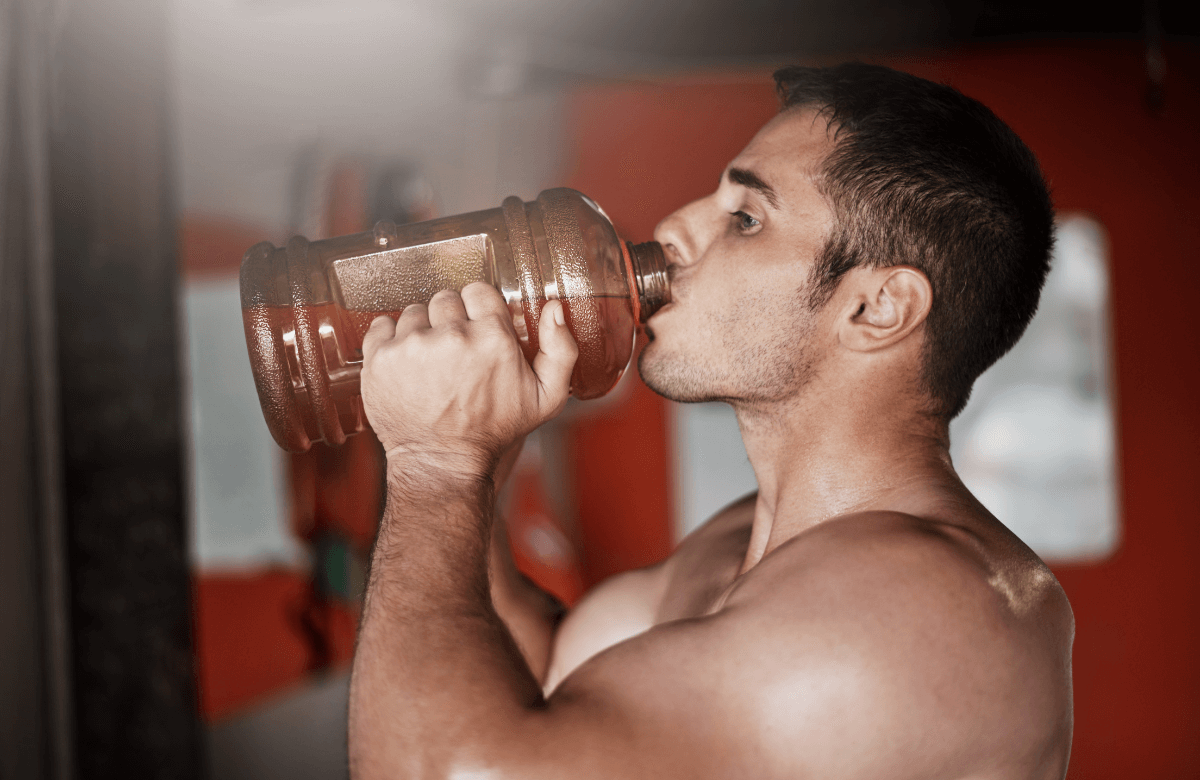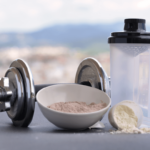Pre-workout is a commonly used workout supplement with a list of ingredients geared toward helping you reach your fitness goals. Not only can it make your workout more effective, but it can also keep you pumped when you’re lagging on an off day. Though you can’t deny its ability to help you push through a tough workout, you can question how long your pre-workout takes to kick in. Let’s start off at the base of this workout supplement, which is…
Jump to:
What Is Pre-Workout Exactly?
“Pre-workouts,” or Pre-workout supplements are in a category of dietary supplements designed to enhance your workout drive through increased energy, work capacity, and mental performance with the potential for physical performance. Their purpose is to increase the blood flow to and from your muscles, with ingredients that dilate your blood vessels as well as caffeine to increase your energy levels.
Pre-workouts typically come in powder form, ranging in a wide array of colors. This makes storing and transporting much easier since when you’re ready to take it all you have to do is mix the supplement with water or juice and it’s ready. Although, pre-workout is sold as capsules, canned, and bottled energy drinks if the powder isn’t your preference.
Common Pre-Workout Ingredients
Some key ingredients included in pre-workout products are items like l-tyrosine, l-theanine, vitamin B-6, beta-alanine, and the more popular one creatine. Caffeine is another extremely common ingredient and for most pre-workout supplements, contains as much caffeine as a regular cup of coffee.

What May Affect When Does Pre Workout Kick in?
There are a lot of different things that can affect how your pre-workout kicks in. Here are the top three:
The Ingredients
The pre-workout formula is a huge factor. The concentration of caffeine or how much creatine monohydrate is in the pre-workout can really change the reaction time of the supplement in your system.
Taking Pre Workout On Empty Stomach
Just like consuming any sort of caffeinated drink on an empty stomach, pre-workout can hit much faster than it normally does if you haven’t eaten anything prior. If you’re looking for elevated athletic performance, some gym-goers purposefully avoid eating before taking pre-workout powder 10-15 minutes before a workout for the best results. There’s also a chance the pre-workout won’t hit you as fast or hard if you’re an avid caffeine user or vice versa if you’re caffeine sensitive.
Your Size And Quantity
Your body weight and metabolism are other important things to think about when you’re consuming pre-workout. Everyone is different so not only is the time going to fluctuate per person, but it’s also going to change the effects of the pre-workout. There’s also the concern of how much you take. It’s always recommended to never go too far above the recommended serving quantity, but if you’re concerned about how fast it’s going to kick in or affect you then start with half a serving and work your way up with each workout.

How Long Does Pre-Workout Take To Kick In?
If you’ve learned anything from this article is that pre-workout kicks in at different times depending on the person and what they’ve eaten, their body weight and muscle mass, their regular exercise performance, how natural caffeine affects their body, and the caffeine dosage you’re taking (if any). There are some non-stimulant pre-workouts, though in most cases they don’t always give you that boost of energy most users are looking for.
Nonetheless, back to the question. How long does pre-workout take to kick in? The average time is between 30-60 minutes, though take away or add some time depending on the factors we mentioned above.
When To Take Pre-Workout
With the knowledge that pre-workout can kick in at different times per person, there might be some stress to taking pre-workout at a very specific time. Although it’s very good to know when the pre-workout will hit you, you can take your workout supplement around 30 minutes before your workout session. Though some people will take their re-workout a little closer to working out to get an additional burst of energy halfway through their intense training sessions, especially if they’re lifting heavier weights during strength training or resistance training.
The time of day doesn’t typically matter, except you can suffer from sleep issues if you take pre-workout too late in the day. Though this does vary from person to person.














